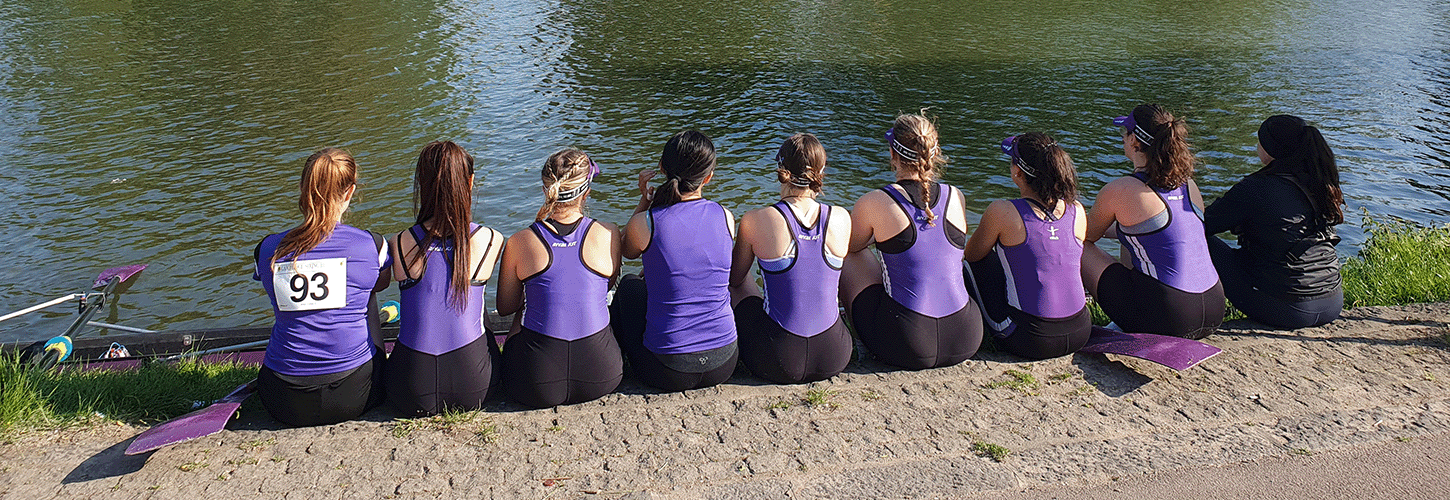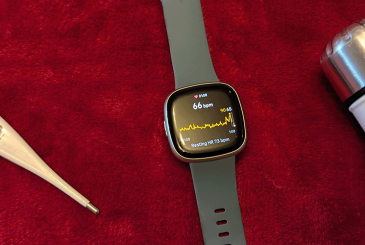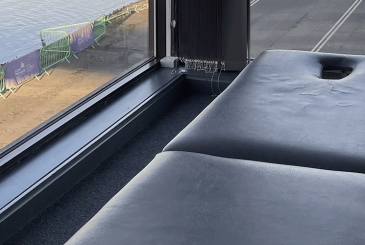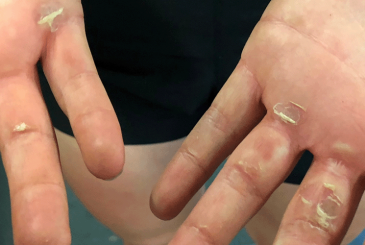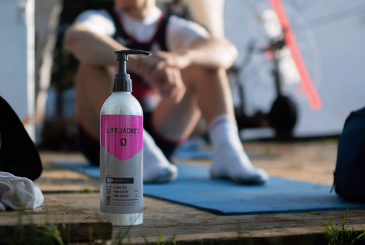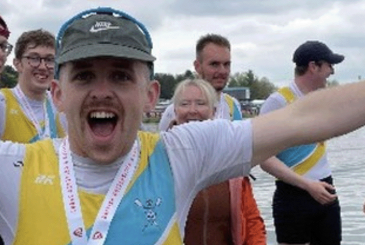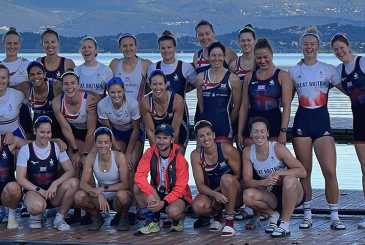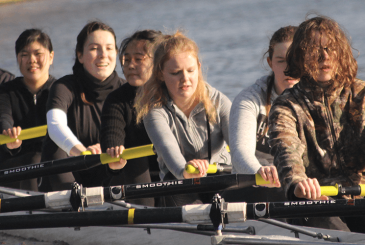Rose Sargent interviews Tokyo 2020 Olympian Caragh McMurtry (Founder/Director of Neurodiverse Sport) to discuss their experiences of rowing as a neurodivergent women, the strengths that neurodivergent people can bring to a crew, and why coaches and fellow athletes should feel motivated to be more flexible
What is neurodiversity/neurodivergence?
As Caragh explains, neurodiversity is an umbrella term to describe all the ways in which human brain function and behaviour traits vary from person to person – the entire human race is, in effect, neurodiverse!
Neurodivergence is a term used to describe brain function and behaviour traits that are apart from ‘the norm’ (where the majority of people reside). Some common neurodivergent conditions are ASD (autism spectrum disorder – Caragh’s condition) and ADHD (attention deficit hyperactivity disorder – Rose’s condition).
What is rowing like as a neurodivergent person?
For me, the benefits of rowing have been extensive. Aside from the obvious health benefits of physical exercise, being outside – with no possibility of distraction – is very helpful in managing my ADHD. It provides an opportunity for mindful action, away from excessive noise and movement, and provides structure to a relatively un-timetabled university experience – something I have struggled to impose on my own.
Caragh highlights the soothing nature of rowing: the repetitive motions and quiet of the river is peaceful and creates a sense of calm. As a low impact sport, rowing is relatively easy on the body and has a great community to boot, which can help those with anxiety (sometimes ‘comorbid’ with or diagnosed alongside neurodivergent conditions) navigate social situations with less pressure.
What strengths do neurodivergent people bring to the sport?
As has been demonstrated in multiple fields, greater diversity in teams brings the benefit of new and helpful perspectives to all. More specifically, the difference in our thinking patterns and receipt of information can be incredibly useful for creative problem-solving. An example of this, Caragh highlights, is her detail-oriented approach and ‘bottom-up thinking’ (commonly associated with autism). This helps her more effectively critically analyse her rowing and subsequently produce improvements for the entire crew.
What challenges have we faced?
In spite of our successes, it is important to recognise that rowing as a neurodivergent person is not always easy. However, this is normally due to coach/crew responses to us, rather than an internal personal difficulty as a result of our neurodivergence. Many of our strengths can be interpreted by others as intentionally anti-social or difficult behaviours. This is almost never the case.
This need for detail can involve asking numerous questions.
For example, we mentioned above the benefits of a detail-oriented approach. In order to understand the bigger picture, some autistic athletes require a very thorough understanding of a drill or plan. This need for detail can involve asking numerous questions. This can frustrate crew members who want to ‘get on and row’, and may leave coaches feeling undermined. More importantly, for the athlete asking the questions, being made to feel like a burden on their team can lead to embarrassment and discomfort. Finally, not having these needs met can also prevent them from gaining a full understanding and thus excelling in their sport.
If an athlete feels their questions are not being fully answered, or a crew feels that the number of questions is disrupting the flow of the session, an easy fix for this is to build in time to answer these questions before you get on the water or during a debrief. Nonetheless, the adoption of these easy fixes, commonly known as reasonable adjustments, is often not considered by a crew, or worse, ignored when suggested.
“We hope one day that people like us will be included as we are, rather than permitted to stay only on the condition that we act as if we were neurotypical.”
Unfortunately, this has been the case for both me and Caragh as we have navigated the sport. Furthermore, even if reasonable adjustments are made, they can be, and have been, implemented with the intention of making us more palatable to the crew, rather than with the objective of helping us. This attitude to adoption serves as a painful reminder that we are still outsiders – people whose difference makes them difficult to deal with and whom others expect to conform in order to be accepted and valued.
How can rowing create an inclusive environment?
A significant part of creating an inclusive environment is understanding a social model of disability. This involves accepting the premise that ‘people are disabled by barriers in society, not by their impairment or difference’ (Scope). Thus, we must look to changing our attitudes towards neurodivergence and disability in rowing.
This involves making reasonable adjustments for neurodivergent athletes without fuss, and fostering an environment where people can speak openly about difficulties they may be experiencing. For coaches, this doesn’t mean ‘letting off’ neurodivergent athletes when they are intentionally disruptive, but rather understanding and responding flexibly to different communication and learning styles. This is not just important for managing neurodivergent athletes’ needs but for balancing the needs of the whole crew too.
Indeed, by creating an empathetic and understanding environment, everyone in your crew benefits. The feeling of psychological safety allows everyone to learn and engage, as well as feed back effectively and without fear that their concerns won’t be taken seriously.
To conclude…
While rowing has been a joy for both Caragh and me, we feel that there is still a long way to go to make the sport more accessible. Caragh’s charity, Neurodiverse Sport, aims to do just this, and you can find out more about her work to unite, educate and research here.
We hope one day that people like us will be included as we are, rather than permitted to stay only on the condition that we act as if we were neurotypical. We must remember that genuine inclusion means embracing diversity in its entirety, and breaking down barriers, even if this means breaking the mould for rowers with them.
Photo: Emily Kempin.


